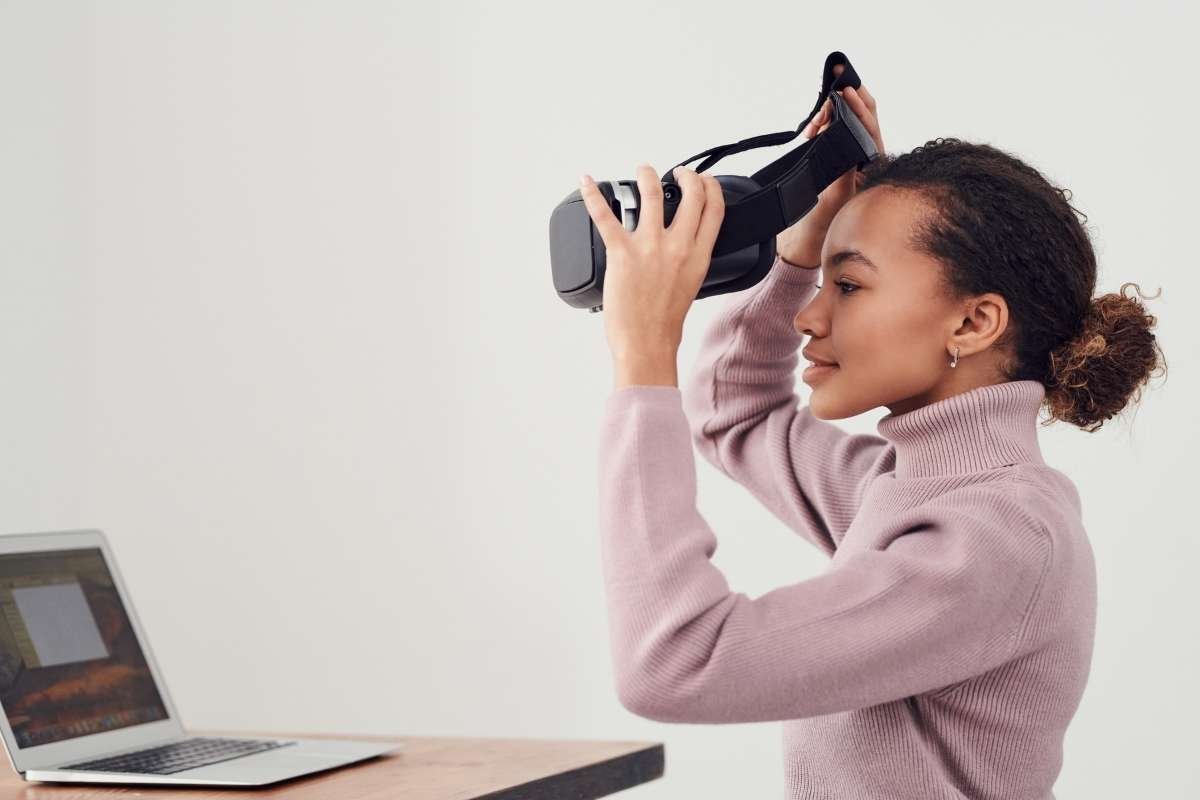Blog
Cognitive Shuffling may be a promising technique to counter insomnia
Christina Caron explores a technique called Cognitive Shuffling as a potential tool for those who struggle to fall asleep at night in a 2025 article for The New York Times.
At-home transcranial photobiomodulation (light therapy) improves cognitive function for adults exposed to repetitive head acceleration events
A “proof-of-concept” study found that 8-10 weeks of at-home treatment with a transcranial photobiomodulation device resulted in improvements in cognitive function in adults exposed to repetitive head acceleration events.
Gender differences found in concussion assessment; push for a more gender-specific approach
A study published in Neurotrauma identified key gender differences in sport-related concussion (SRC) not captured by standard unidimensional assessment tools––in this case, the Sport Concussion Assessment Tool (SCAT).
Standard assessment tools often miss long-term burden of concussion on older adults
A recent systematic review by Lucas Tze Peng Tan and colleagues found that recovery after a mild traumatic brain injury (mTBI) is often incomplete and longer-lasting for older adults, with ongoing symptoms frequently missed by standard assessment tools.
Hyperbaric oxygen therapy (HBOT) alleviates chronic neurocognitive symptoms in adults who suffered from mild or moderate traumatic brain injury as children
A study found that hyperbaric oxygen therapy (HBOT) can alleviate cognitive symptoms associated with post-concussion syndrome (PCS) in adults who suffered from mild or moderate traumatic brain injury and PCS as children and who are still dealing with persisting neurocognitive symptoms.
Mouse model shows possibilities of reversing memory deficits after repeated mild head impacts
A study published in The Journal of Neuroscience found that in mice, memory loss after being subjected to a high frequency of mild head impacts was linked to a deficiency in synaptic plasticity rather than “a loss of neural infrastructure.” There is the possibility that “cognitive impairment caused by head impact” could be clinically reversed.
Executive Dysfunction Unveiled: 7 Key Effects to Watch Out For After a Brain Injury
Most everyday tasks involve a type of thinking called executive function. These executive function skills are responsible for accomplishing tasks and problem-solving. When one experiences an injury to the brain, resulting executive dysfunction can make it challenging to navigate through everyday life.
Resting brain connectivity deficits in service members with mTBI and PTSD associated with working memory performance
A study found that active duty service members with a history of mild traumatic brain injury (mTBI) and PTSD had similarly lower levels of resting state functional connectivity (rsFC) in regions associated with working memory compared to service members with an orthopedic injury.
Study identifies drug that reverses “neuronal and cognitive effects” of concussion in mice
A study has identified a promising approach to treating cognitive deficits after a concussion, by inhibiting the integrated stress response.
Struggling with depression? Call for study participants–service members & veterans
Service members and veterans with a history of mild traumatic brain injury (including concussion) and struggling with symptoms of depression may want to participate in a clinical trial of a cognitive behavioral app designed specifically for the military community.
13.5% of mTBI patients had poor cognitive outcomes; predicting risk, referral to cognitive rehabilitation
According to a study published in Neurology, 13.5% of mTBI patients had “poor cognitive outcomes” (vs. 4.5 % in a control group) one year after a mild traumatic brain injury (concussion).
Virtual reality, augmented reality, and other games may provide remote cognitive rehab to patients during COVID-19
A review article published in the Frontiers of Neurology investigated the potential of virtual reality (VR), augmented reality (AR), serious games (SG’s), and telerehabilitation techniques to facilitate cognitive rehabilitation therapy. Elisa Mantovani et al. found these techniques to be highly engaging when performed at home by study participants.












